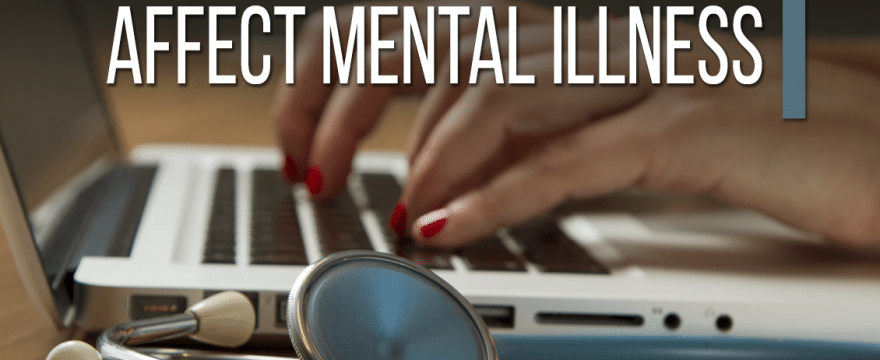As a licensed professional counselor, I live within the world of recovery and restoration as individuals who have been struggling with life’s problems for months or years come for relief. Most of the time, I’m teaching coping skills, healthy living choices, or improving support systems like getting to sit down with a pastor and pray for a spouse for a much needed conversation. But I ways need to remind myself that mental illness is very much a medical issue and therefore need to member how medical conditions can affect mental illness.
Another reason for writing this article is that many times conversations about mental health with pastors start with a defense by pastors that everything is spiritual and therefore mental illness is a moral issue, not a biological, psychological, or social issue. I’m going to contend it is all four, and so the hope is this article can help support support the biological argument in a future article.
How Counselors Can Use This
As a clinical counselor, our job is to help people make change habits in ourselves, our families, in our choices and behaviors, and in our hopes and dreams. But sometimes these depressive symptoms have very little to do with emotional issues and instead more with medical issues.
For myself, in a clinical setting, every intake assessment completed asks the question of who the client’s primary care physician is. If they do not have one, I urge them to do so, especially if there are any concerns of medical problems or mental illness symptoms do not have a strong support. The discussion here is they go and get medically cleared while beginning to work on their mental health symptoms.
Here are some of the known medical issues that can actually cause mental health problems and require a medical resolution:
- Tumors
Tumors create problems ranging from anxiety, personality changes and hallucinations, along with physical symptoms. This is because adrenal gland tumors produce excess adrenaline, which can trigger anxiety, along with headache. - Thyroidism
Whether we are talking about hyperthyroidism (over producing) or hypothyroidism (under producing), the hormones that should be produced at a regular frequency help a person with their balanced health. Significant problems here lead to anxiety and depressive symptoms like depressed mood, sleeplessness, irritability, restlessness. Proper treatment can resolve these mental health problems. - Neurological problems
Whether we are talking about traumatic brain injuries due to sports contact, significant and long term substance misuse, or Alzheimer’s disease, these all can create a complete shift in a person’s personality, impulse control, anxiety, depression, and psychosis. Any time there is concerns of problems with the brain, the individual needs to consult with their primary care physician. - Lyme Disease
We are seeing a popular story about how Lyme Disease has been causing Justin Bieber significant depression and anxiety. The disease, many times caused by tick bites, can have significant physical and mental health problems if left diagnosed and untreated. - Vitamin D Deficiency
I hesitate talking about this one because too many people hear how Vitamin D can help you feel happier without consulting a doctor first and misuse the supplement. Please talk to a doctor first. But Vitamin D Deficiency has a strong link to depression and can be easily altered.
There are many other issues, including nutrition, issues with electrolytes, and even more obvious links like trauma, panic attacks, phobias, anger problems, and social anxiety from significant issues with heart attacks, cancers, or diabetes. All of these are medical issues that lead to mental health.
But what did we miss that has been an important point for you to know about with regards to mental health and how medical problems can negatively impact it?
